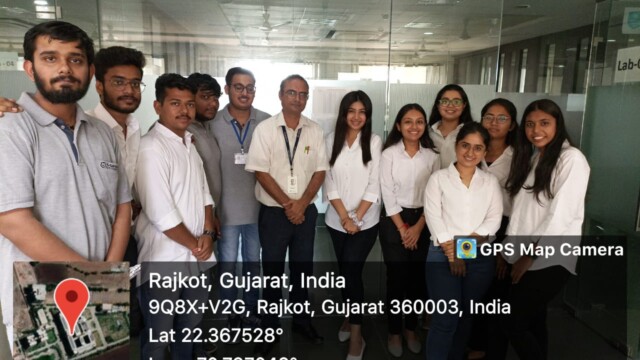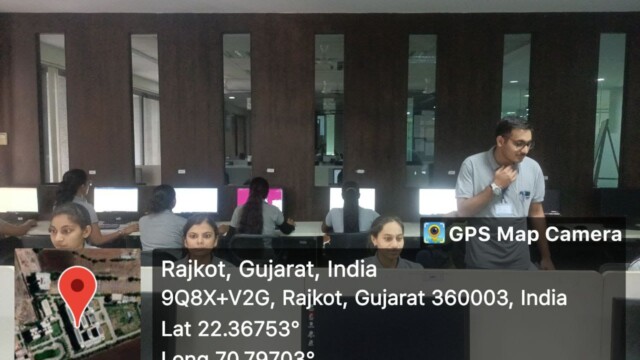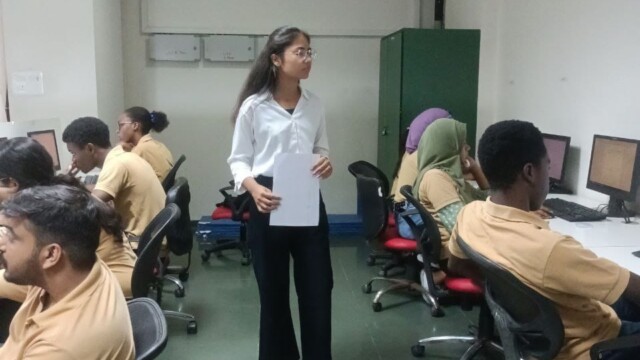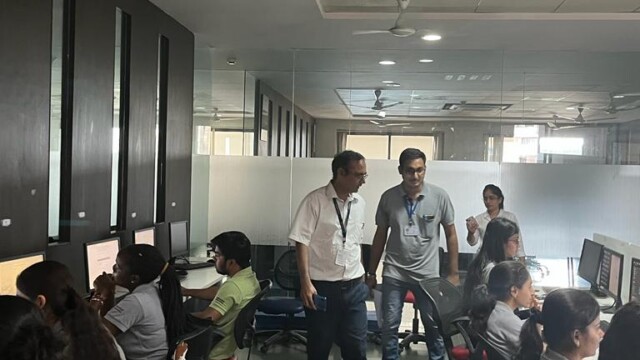The demand for DevOps is rapidly rising, especially after moving into 2023. Digital businesses are extensively demanding the deployment, development, management and improvement of bespoke software. The market is full of advanced technology, and each of these technologies has unique pros and cons. However, DevOps is the perfect technology for businesses to boost their product and excel in it. Since the demand for DevOps is on the rise, likewise, the demand for individuals who are good at it is also on the rise.
So, this blog by Marwadi University discusses some of the most important skills and components that every individual might need!
Agile Framework
The agile framework is a flexible and iterative software development approach. It emphasizes collaboration, continuous delivery, and rapid feedback. The framework focuses on breaking down complex projects into smaller, more manageable tasks. To develop working software, teams work in short sprints of two to four weeks.
The agile framework emphasizes customer satisfaction, adapting to changing requirements, and delivering high-quality software. It encourages continuous improvement through retrospective meetings and frequent feedback loops. Overall, the agile framework is a key component of DevOps, promoting efficient and effective software development.
Build and Run Development
Build and run development is a crucial component of DevOps. Its role is to automate the process of building and deploying software applications. This automation helps to reduce errors, increase efficiency, and streamline the development process.
By automating the build and deployment process, developers can focus on writing code, while the system handles the rest. This results in faster release cycles and increased agility for businesses. Build and run development also enables the continuous delivery of software, which is essential in today’s fast-paced software development environment.
Everything-as-Code
“Everything as Code” is a DevOps approach that treats all aspects of software development and deployment as code. Using automation tools and technologies to model every stage of the process. By doing so, teams can improve consistency, and reliability, and reduce manual interventions.
Thus, enabling them to apply CI/CD practices and automate the build, testing, and deployment of software. EAC is a key principle of DevOps that promotes efficiency, collaboration, and high-quality software delivery.
Communication & Collaboration
Communication and collaboration are crucial skills for DevOps professionals. They enable effective teamwork and ensure that everyone is on the same page. Good communication ensures that ideas and information are shared efficiently, reducing misunderstandings and mistakes. Collaboration allows team members to work together towards common goals, facilitating problem-solving and creativity. DevOps teams must collaborate across different departments, including development, operations, and quality assurance, to ensure the smooth delivery of software.
Effective communication and collaboration help DevOps teams respond quickly and adapt to changing circumstances, ultimately improving the quality of software development and delivery.
Automation
Automation is a critical component of DevOps. It involves using tools and technologies to automate the entire software development lifecycle. Automation plays a crucial role in DevOps by increasing efficiency, reducing errors, and enabling teams to deliver software faster. Automation helps in continuous integration, delivery, and deployment, enabling teams to develop, test, and release software quickly and consistently. It also allows teams to focus on more important tasks, such as improving the quality of code and delivering business value, while reducing the time and effort spent on manual tasks.
Regular Integration
The regular integration component of DevOps involves continuously merging and testing code changes made by developers into a shared repository. This process helps identify issues early on, reducing the likelihood of conflicts and integration problems. It also enables developers to collaborate and work on the same codebase simultaneously.
The integration process can be automated using continuous integration tools, which trigger builds and tests whenever code changes are detected. This ensures that the codebase is always in a releasable state and reduces the time and effort required to manually integrate and test code changes.
Customer-Centric Decision Making
In DevOps, customer-centric decision-making is a crucial component. It involves considering the needs and feedback of customers throughout the development and delivery process. This approach helps to ensure that the end product meets customer expectations and provides a positive user experience. Customer-centric decision-making requires collaboration between developers, operations teams, and customer support staff. By prioritizing the customer’s needs and feedback, DevOps teams can improve the quality and relevance of their products and services, ultimately leading to increased customer satisfaction and loyalty.
Conclusion
DevOps is a fascinating and rewarding career that students should consider for the future. The above discussed were some of the most important components needed to be a successful DevOps engineer.
This can be achieved by gaining the required knowledge, skills and practical learning from the best at Marwadi University. The 360° learning experience and professional faculties topped with world-class infrastructure are all you need to become a DevOps engineer. Consider exploring more about BTech (Computer Engineering) at Marwadi University!






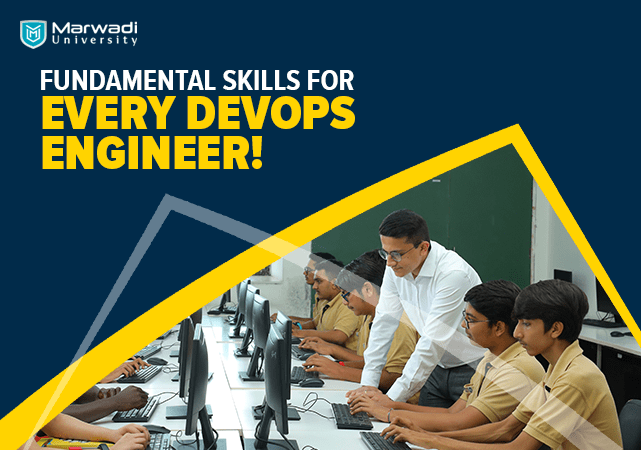









 International Airport
International Airport  Railway Station
Railway Station  GSRTC Bus Port
GSRTC Bus Port 